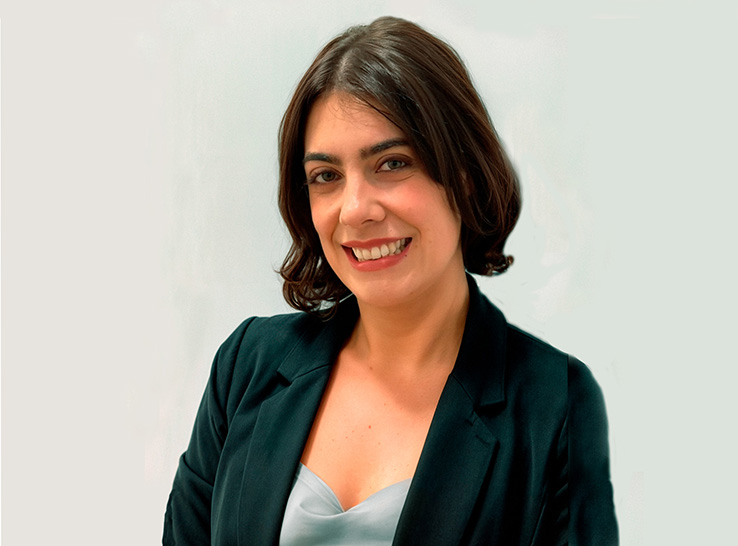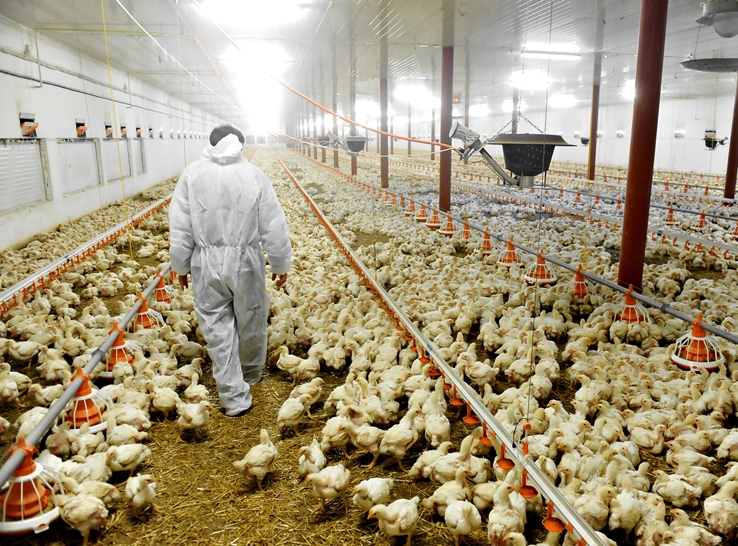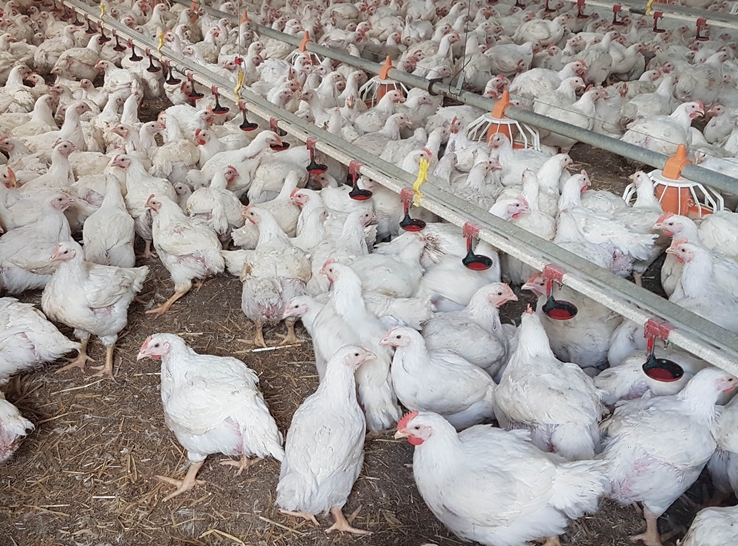Turkey farms were among the first to battle highly pathogenic avian influenza (HPAI) during outbreaks in 2015. Today, these farms continue to combat the threat of HPAI with ongoing biosecurity.
In the “Let’s Talk Turkey” episode of the Unplucked podcast produced by the Poultry Science Association, Carrie Cremers, DVM, manager of technical service and animal welfare at Jennie-O, discussed how the weight of ever-present HPAI has led to biosecurity burnout among workers.
She also discussed avian metapneumovirus (aMPV) and other current turkey diseases.
Biosecurity burnout
“We’ve come a long way from our first HPAI outbreaks,” she said. “The turkey industry has really followed strict biosecurity protocols as we learn more about how this virus acts.
“But I think there is such a thing as biosecurity burnout. We’ve been dealing with biosecurity for years. Trying to keep people doing biosecurity correctly gets to be a lot, especially when operating at a high level.
“How to keep people on the farm activated, engaged and understanding why biosecurity is important has been a really big thing for the industry,” she added.
“In turkeys, we’ve done a really good job limiting the spread from farm to farm. But obviously, we are still dealing with so many cases of HPAI.”
Potential HPAI vaccines
The turkey industry continues to experience high losses. During the first 3 months of 2025, 18.8 million turkeys were lost, Cremers said. This creates a shortage in birds for the processing plants, customers and consumers.
“After dealing with HPAI this long, there are more conversations on vaccines,” she added.
The National Turkey Federation has led vaccine discussions by encouraging the USDA to continue exploring vaccines and renegotiating with trade partners to make vaccines a feasible option without harming export business.
“We’re learning from different countries about vaccinating for HPAI,” Cremers said. “One of the big problems is handling each bird and injecting it.”
Challenges posed by aMPV
In turkeys, aMPV subtypes A and B spread quickly across the US and greatly impacted turkey operations.
“When birds get sick from aMPV, the virus weakens their immune systems and allows bacterial infections to really go crazy,” Cremers explained. “It can cause 100% morbidity and very high mortality, depending on the stress factor.
“If you can keep stress low and work through management pieces as much as possible, you can get through the disease a little easier,” she said. “But some things you can’t minimize, like moving birds from brood to grow, which is a very stressful time on birds.”
Unfortunately, no indemnity payment is available for bird deaths caused by aMPV because it is not a regulated foreign animal disease. The good news is that live and killed vaccines are available, she added. Because these vaccines are new, some vaccination protocols are still being understood.
Blackhead, ORT and daily disease challenges
When asked about needs for disease control, Cremer suggested a focus on blackhead. “I think we could use more effective products to help control blackhead,” she said. “It’s a protozoal disease, and not many products have worked for us.”
Ornithobacterium rhinotracheale (ORT) is a bacterial disease that also poses health issues for turkeys. Cremer said that different vaccines and other treatment options help manage ORT, either as a primary or secondary disease.
She also sees clostridial dermatitis, which impacts older birds. Some products are available to help address this disease.
“Overall, we need more products and research on these and other diseases we deal with on a day-to-day basis,” she concluded.
To listen to the episode, visit Unplucked.







